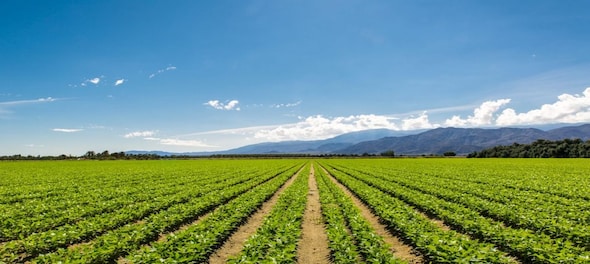
As India takes over the G20 Presidency for a year from this December onwards, it can attempt to bring global consensus on the issues related to farm subsidies. For a long time, this issue has been contested on the global platform and India has witnessed international opposition to its farm subsidy programmes.
Farm Subsidies & G20
A report titled “G-20 Presidency For India A Golden Opportunity To Correct The Longstanding Issues Regarding Agricultural Subsidies” published by State Bank of India (SBI) stated, “India’s Presidency is a golden chance for India to correct the long standing anomalies that are heavily loaded against the developing countries in the domain of agriculture and food subsidies.” It observed that in developed countries like the US and UK, the domestic support per farmer in 2016 was $60,586 and $6,762 respectively. It expects that the post pandemic figures must have jumped higher. But in India the post-pandemic number is around $600.
As per the World Trade Organisation’s (WTO) rule, agricultural subsidies resulting in trade distortion are not allowed and are marked within the amber box. In this box, minimal subsidy is permitted according to 1986-88 prices which brings the figures at 5 percent for developed countries and 10 percent for developing countries. Report mentioned, “discounting the agri-output numbers at 1987 prices, using the GDP deflator show that India will need to cut its subsidy by as much as 92 percent from current levels if it were to bring subsidy to 10 percent of agri output / WTO-mandated targeted subsidy! This is thus a theatrical absurdity as it will require India to eliminate all support to the vulnerable segment of the rural economy.”
The reference year is significantly outdated and India under its G20 presidency can amend these clauses. Report suggests to go by the G33 proposal to “use the discount factor as a trimmed 3-year rolling average for every year, based on the preceding five-year period excluding the highest and lowest price.”
As G20 brings together various stakeholders, India can be a bridge between developing and developed world in framing these new rules for the new economic age.
--
Read Patki's previous articles here
(Edited by : CH Unnikrishnan)
Check out our in-depth Market Coverage, Business News & get real-time Stock Market Updates on CNBC-TV18. Also, Watch our channels CNBC-TV18, CNBC Awaaz and CNBC Bajar Live on-the-go!



